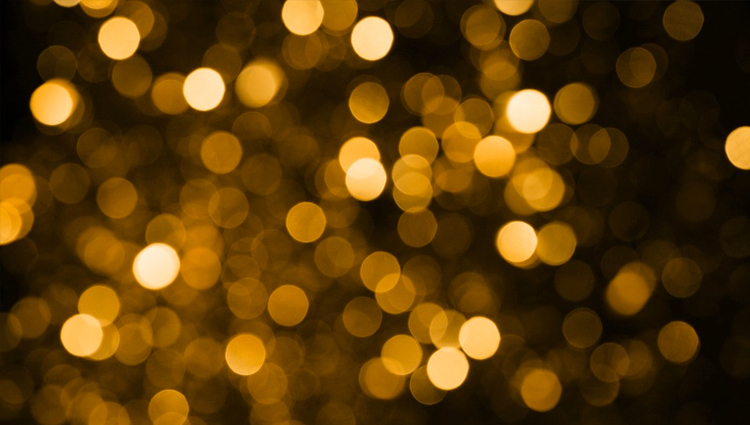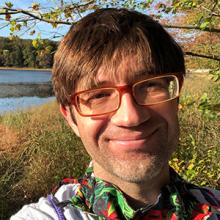Fun facts and more on the Physics Nobel Prize

(Inside Science) -- Today, the Nobel Prize in physics was awarded to French physicist Serge Haroche of the Collège de France and the École Normale Supérieure in Paris and American physicist David J. Wineland of the National Institute of Standards and Technology and the University of Colorado, Boulder in the U.S. for "for ground-breaking experimental methods that enable measuring and manipulation of individual quantum systems."
The Nobel Prize amount for 2012 is set at 8.0 million Swedish kronor per full Nobel Prize, so the two will share about $1.2 million U.S.
Please check back to Inside Science all day long, as we'll be posting updates to our news story and this post.
Here are some fun facts related to the prize:
- Wineland and Haroche were both born in 1944.
- Haroche is the first Moroccan-born Nobel laureate.
- Nominations for the Nobel Prize are by invitation only. No one can nominate himself or herself for the prize. NobelPrize.org has an interesting summary of how the nomination process works.
Below are some links to provide more illumination on the prize and the winners.
Here is Haroche, speaking in 2011 about science and art.
Please find here an hour-long lecture about atomic clocks that Wineland gave in 2012. The level of the talk is not extremely specialized, so it may intrigue people with a general interest in the topic.
Are your kids asking you about the Nobel prize? Here's a short video from NASA that explains quite a bit about atomic clocks and why they're needed, all in about a minute.
Here's Wineland again, describing atomic clocks in a bit more detail.
In case our readers do prefer to read more about the research -- here is a summary of Haroche's research posted on the website of the Collège de France.
The Nobel Prize website is currently highlighting brief audio interviews with both winners. They include the audio files and later post full transcripts.
Below are several transcribed excerpts.
Haroche, speaking about being paired with Wineland as joint winners: "I use atoms to study photons and he uses photons to study atoms, so it's really symmetrical."
Wineland, on what he thought about being awoken in the middle of the night by a phone call bearing the good news: "a wonderful surprise of course, and kind of amazing."
Wineland, on the importance of making more accurate clocks: "Historically, it's always been true that when we've made better clocks, there's always been an application. The main use throughout history for the last many centruies has been that clocks are used in navigation. The better clocks we have, the better navigation we can do. As we make better clocks, that's still been the application."
Wineland, on quantum computing: "It's a long way before we have a useful quantum computer. But I think most of us feel that even though it is a long ways off before we can realize such a computer, I think many of us feel it will eventually happen. It's a matter of controlling these systems better and better."
Update: 4:15 pm
We added two quotes from Wineland's press conference in Colorado to our full story. Below are two additional comments he made that are also worth noting:
"I think one thing to say is there is many other people that could have gotten this award besides me because there is a huge number of people working on the very closely related problems... I have heard of the possibility before in the past, but this year I hadn't honestly heard any rumbling so I thought, well maybe my time has passed. It really was a surprise."
"[T]he real reward is the science itself and being able to look at it as a calling. That's what keeps it going, not the awards you sometimes get along the way."
Additional details are available via these resources:
- Nobel Prize in physics announcement: Watch Video | Read Text
- Biographical Info: Serge Haroche | David J. Wineland
- The Nobel Prize in physics official website

